Every year, tens of thousands of people end up in emergency rooms because they took a supplement with their medication - and didn’t realize it could be dangerous. You might think, It’s natural, so it’s safe. But that’s exactly the myth that gets people hurt. St. John’s wort, a popular herb for mood support, can slash the effectiveness of your birth control, HIV meds, or even your transplant drugs by half. Vitamin E at high doses can turn your blood thinner into a ticking time bomb. Ginkgo biloba, often taken for memory, can spike your INR and send you to the hospital with internal bleeding. These aren’t rare cases. They’re happening right now, to people just like you.
Does this supplement interfere with how your medicine works?
Your body doesn’t care if something is labeled “natural” or “organic.” What it cares about is chemistry. Supplements can change how your body absorbs, breaks down, or gets rid of your prescription drugs. The biggest player here is the cytochrome P450 enzyme system, especially CYP3A4. This is the liver’s main tool for processing drugs. St. John’s wort turns this system into overdrive - so fast that your body clears medications before they have time to work. Studies show it drops cyclosporine levels by 50-60% in transplant patients. That means your body might reject the new organ. It drops HIV drug levels by 57%. That means the virus comes back. And for women on birth control? The risk of pregnancy jumps 40-50%.Could this create additive effects?
Sometimes, it’s not about making your medicine weaker - it’s about making it stronger. Take ginkgo biloba and warfarin. Ginkgo thins the blood. Warfarin thins the blood. Together, they can push your INR - a measure of how long your blood takes to clot - into dangerous territory. One study found that 15% of people on both saw their INR climb to 2.5-3.5. Normal is 2.0-3.0 for most people on warfarin. Go higher, and you risk spontaneous bleeding: nosebleeds you can’t stop, bruising without injury, even bleeding in the brain. Vitamin E does the same thing. At doses over 400 IU per day, it boosts warfarin’s effect by 25-30%. That’s not a little extra. That’s a medical emergency waiting to happen.Has this supplement been studied with my specific medication?
Here’s the hard truth: only about 15% of dietary supplements have any real clinical data on interactions with prescription drugs. That means for the other 85%, you’re guessing. You read a blog post. You saw a TikTok video. You asked a friend. But no one tested it. No one measured blood levels. No one tracked outcomes. The FDA doesn’t require it. The supplement maker doesn’t have to prove it’s safe with your drug. So if you’re on a critical medication - like an immunosuppressant after a transplant, chemo for cancer, or an anticoagulant for atrial fibrillation - you’re not just taking a risk. You’re playing Russian roulette with your health.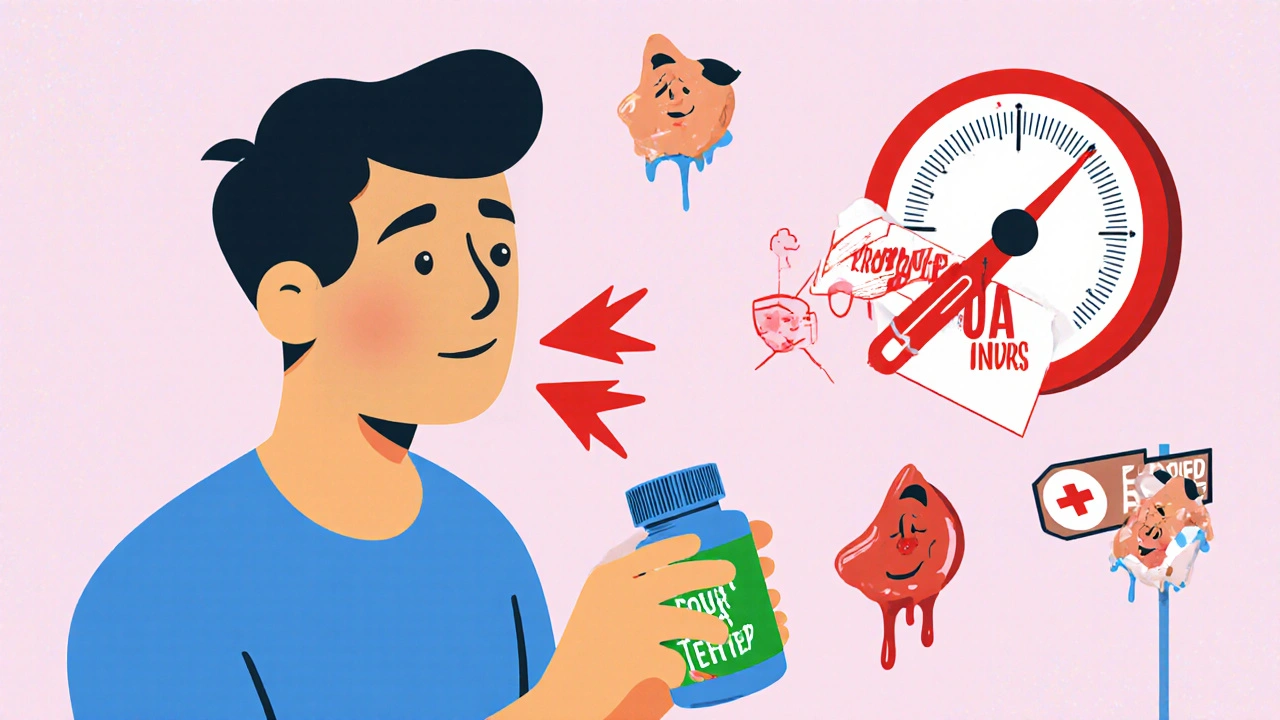
Is there a safer alternative?
Not all supplements are created equal. Take ginseng. Asian ginseng (Panax ginseng) can interfere with blood thinners and blood sugar meds. But American ginseng (Panax quinquefolius)? It’s much gentler. Studies show it has fewer interactions and may even help stabilize blood sugar in people with type 2 diabetes - without messing with warfarin or metformin. Milk thistle is another example. It’s often used by people on liver-stressing medications like certain antibiotics or chemo drugs. Research shows it may help protect the liver - and in some cases, reduce side effects - without reducing the drug’s effectiveness. But you have to know which one you’re taking. Labels don’t always say. Look for standardized extracts and brands that are USP-verified. That means they’ve been tested for what’s actually in the bottle.What symptoms should make you stop immediately?
You don’t need to wait for a lab test to know something’s wrong. Pay attention to your body. If you start feeling:- Confusion or memory lapses
- Rapid heartbeat or palpitations
- Muscle stiffness or twitching
- High fever or sweating
- Unexplained bruising or bleeding
- Nausea, vomiting, or dark urine
Stop the supplement. Call your doctor. These could be signs of serotonin syndrome - a life-threatening reaction often caused by mixing St. John’s wort with SSRIs like Prozac or Zoloft. Or they could be signs of internal bleeding from ginkgo and warfarin. Or liver damage from a contaminated supplement. There’s no time to wait. In one documented case, a woman on fluoxetine started taking St. John’s wort for “low mood.” Within five days, she was hospitalized with seizures and a body temperature of 106°F. She survived. Others don’t.
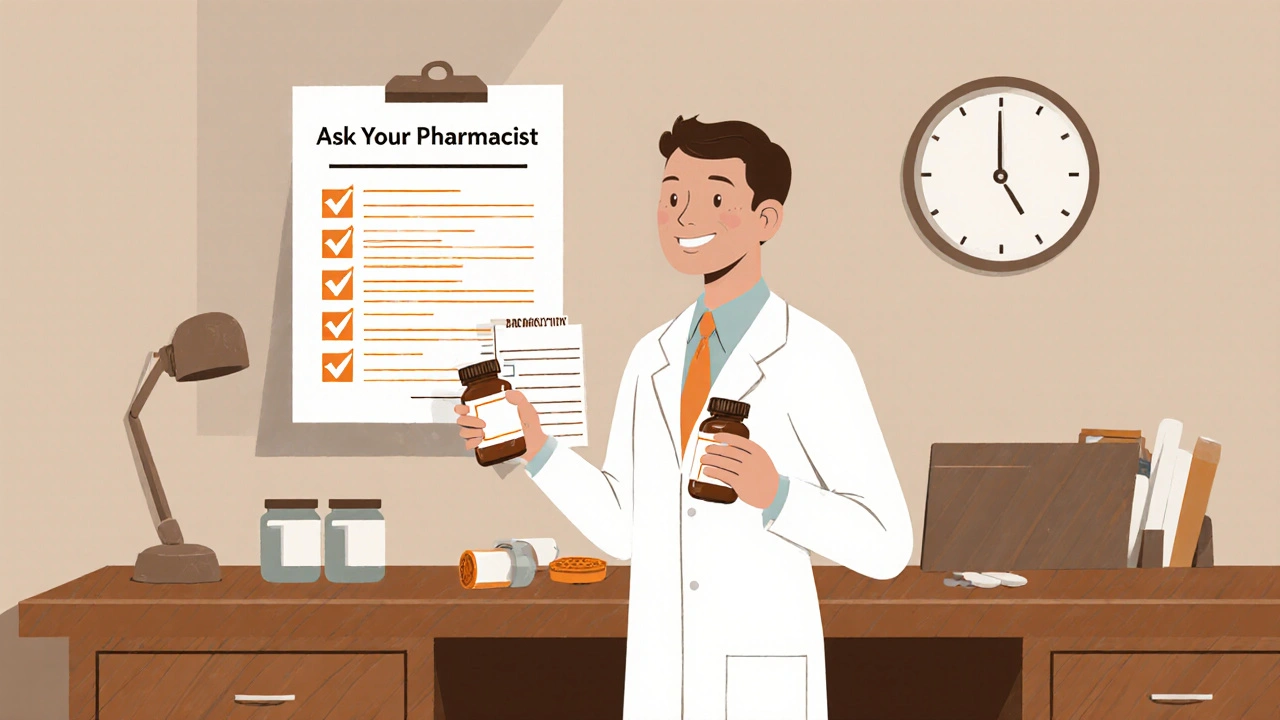
Who should you talk to - and what should you say?
Your pharmacist is your best friend here. They see every medication you pick up. They know what interacts with what. But most people don’t think to tell them about their supplements. Don’t say, “I take a little herbal stuff.” Say: “I take St. John’s wort, ginkgo, and vitamin E. I’m on warfarin and lisinopril. Are these safe together?” Write it down. Bring the bottles. Pharmacists now routinely screen for supplement interactions during medication reviews - 89% do it, according to the American Pharmacists Association. Your doctor? Only 32% ask about supplements during visits. Don’t wait for them to ask. Bring it up. And if they shrug it off? Find a new one. Your life isn’t a side note.What about the “natural equals safe” myth?
This idea is dangerous. It’s not just wrong - it’s deadly. Natural doesn’t mean harmless. Poison ivy is natural. Snake venom is natural. The deadly nightshade plant is natural. Supplements are plant extracts, concentrated compounds, sometimes with unknown additives. The FDA doesn’t test them before they hit the shelf. A 2022 Government Accountability Office report found that 70% of supplement labels misstate ingredient amounts. One bottle labeled “500 mg of St. John’s wort” might contain 120 mg - or 800 mg. That’s not consistency. That’s gambling. And you’re the one betting your health.What’s changing - and what you can do now
The tide is turning. Epic Systems, the biggest electronic health record platform, started requiring doctors to document supplements in patient charts as of January 2024. The CDC is pushing to cut supplement-related ER visits by 25% by 2026. The NIH expanded its LiverTox database to include supplement-induced liver injury. These are good steps. But they’re not enough. Until the FDA requires pre-market safety testing - like it does for drugs - the risk stays high. So here’s what you do: Don’t assume. Ask. Bring every bottle - vitamins, herbs, probiotics, fish oil - to your next appointment. Write down what you take and why. Ask your pharmacist: “Is this safe with my meds?” If you’re on anything critical - blood thinners, cancer drugs, transplant meds, HIV meds, or antidepressants - don’t take a new supplement without a green light from a professional. It’s not about being paranoid. It’s about being smart.Can I take vitamin D with my blood pressure medication?
Yes, vitamin D generally doesn’t interfere with most blood pressure medications like ACE inhibitors, beta-blockers, or diuretics. But if you’re taking a calcium channel blocker like verapamil, high doses of vitamin D (over 4,000 IU/day) could raise calcium levels too much, which might affect heart rhythm. Stick to the recommended dose (600-800 IU for most adults) and have your calcium levels checked if you’re taking more than 2,000 IU daily long-term.
Is fish oil safe with aspirin or warfarin?
Fish oil has mild blood-thinning properties. If you’re on low-dose aspirin for heart protection, it’s usually fine. But if you’re on warfarin or another anticoagulant, combining it with fish oil - especially at doses over 3,000 mg per day - can increase bleeding risk. Your INR should be monitored closely. Talk to your doctor before starting fish oil if you’re on blood thinners.
Why does St. John’s wort affect birth control?
St. John’s wort activates liver enzymes that break down hormones faster. This reduces the amount of estrogen and progestin circulating in your blood - so your birth control pill, patch, or ring doesn’t work as well. Studies show the failure rate jumps from less than 1% to 40-50% when taken together. Even if you’ve been on birth control for years, adding St. John’s wort can suddenly make it ineffective. It’s not a myth - it’s documented in over 30 clinical cases.
Are there any supplements that are almost always safe?
Some have very low interaction risk when taken at normal doses: calcium (without iron), magnesium (unless you have kidney disease), and low-dose vitamin C. But even these can cause problems in specific situations. For example, calcium can interfere with thyroid meds if taken at the same time. Always space them out by 4 hours. No supplement is 100% risk-free if you’re on multiple medications. Always check.
What should I do if I already took a supplement with my medication?
Stop the supplement immediately. Don’t wait for symptoms. Call your pharmacist or doctor and tell them exactly what you took, how much, and when. If you’re on a critical drug like an immunosuppressant, HIV med, or anticoagulant, go to urgent care. Bring the supplement bottle. They may need to check blood levels, adjust your dose, or monitor you for complications. Better safe than sorry - and you’ll be glad you did.
If you’re on a chronic medication - especially for heart disease, cancer, HIV, or mental health - your supplement isn’t just a wellness choice. It’s a medical decision. Don’t treat it like a grocery store add-on. Ask the questions. Know the risks. Protect your health like your life depends on it - because it does.
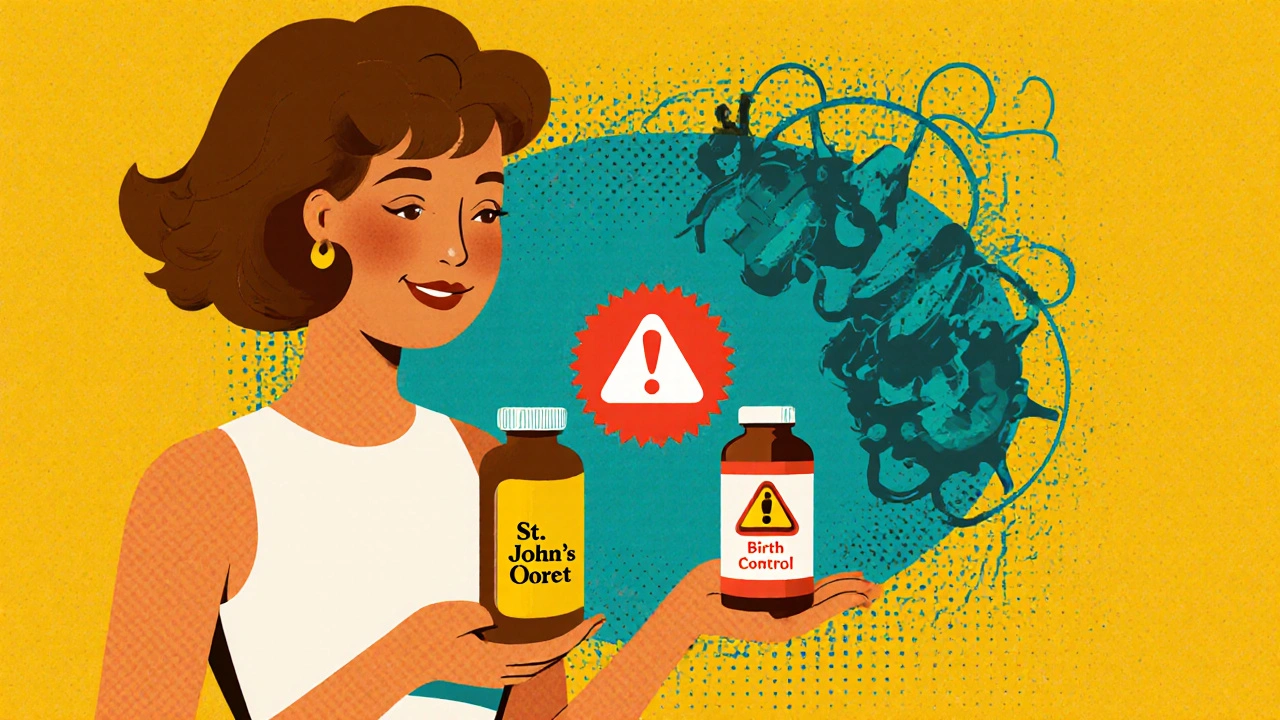

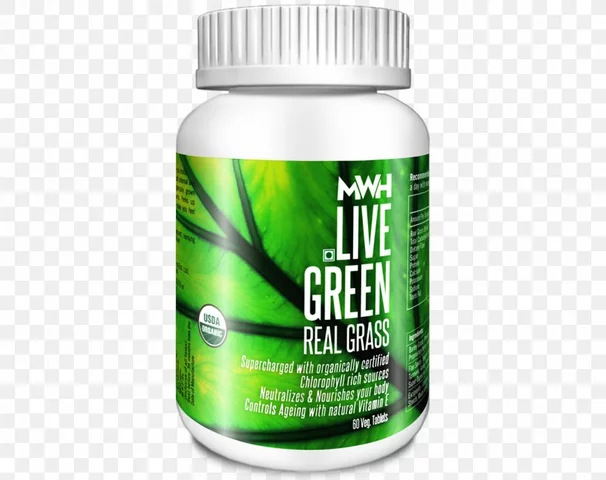
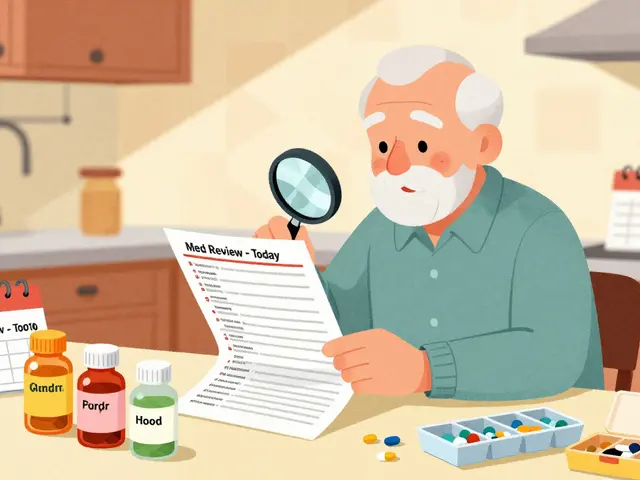

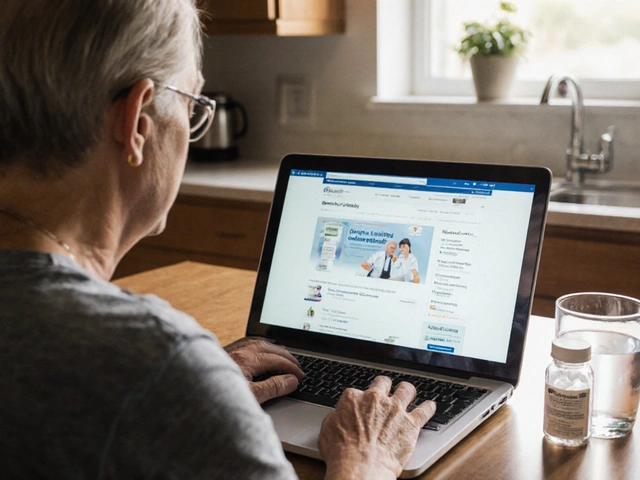
Javier Rain
22 November 2025 - 08:59 AM
I used to think herbal stuff was harmless until my uncle ended up in the ER after mixing St. John’s wort with his transplant meds. He swore it was ‘natural’ so it couldn’t hurt. Turns out, his body rejected the kidney within weeks. Don’t be him. Talk to your pharmacist - they’re the real heroes here.
And yeah, ginkgo + warfarin? That’s a one-way ticket to bleeding out in your sleep. I’ve seen it. It’s not dramatic. It’s quiet. And then it’s too late.
Laurie Sala
23 November 2025 - 10:20 AM
OMG!!! I JUST TOOK VITAMIN E WITH MY WARFARIN FOR MONTHS!!! I’M GOING TO DIE!!! I KNEW IT!!! MY BRUISES ARE GETTING WORSE!!! WHY DOESN’T ANYONE TELL YOU THIS?!?!?!?!?!
Lisa Detanna
24 November 2025 - 06:27 AM
As someone who grew up in a family that treats supplements like candy, I get why people think ‘natural = safe.’ But that’s like saying ‘wild mushroom = edible.’
My abuela took turmeric for arthritis and didn’t realize it was making her blood thinner than a soup. She ended up in the hospital after a fall. No one told her. No one even asked. We need better education - not fear, but clarity. Pharmacists should be front and center in every consultation, not an afterthought.
Also, can we please stop calling fish oil ‘heart-healthy’ like it’s a free pass? It’s a blood thinner. Period. If you’re on anticoagulants, you don’t get to be ‘well-intentioned.’ You get to be informed.
Demi-Louise Brown
25 November 2025 - 14:39 PM
Supplement interactions are not anecdotal. They are pharmacologically documented. The cytochrome P450 system is not a suggestion - it is a biological mechanism. Ignoring it is not a lifestyle choice. It is medical negligence.
Patients must be empowered to ask. Pharmacists must be empowered to answer. Regulators must be compelled to enforce. Until then, the burden falls on the individual - and too many are losing.
Matthew Mahar
27 November 2025 - 01:58 AM
so i took st johns wort for like 3 years and my anxiety got better but then i stopped my antidepressant and i think it was because of the herb?? idk?? i just know i felt weird and my doctor was like ‘oh wow you were on that too??’ and i was like ‘wait that’s a thing??’
why is this not on the bottle??
Manjistha Roy
27 November 2025 - 12:37 PM
I work in a rural clinic in India. Many patients come in with a bag of supplements from the local market - turmeric, ashwagandha, guggul - and they don’t even know what’s in them. No labels, no dosages, no warnings. They trust the shopkeeper. The shopkeeper trusts the wholesaler. The wholesaler doesn’t know either.
This isn’t just an American problem. It’s a global blind spot. We need standardized labeling, in local languages, with simple icons - not paragraphs of tiny print. People aren’t stupid. They’re underserved.
Charmaine Barcelon
28 November 2025 - 17:46 PM
You’re all overreacting. My cousin takes ginkgo and warfarin and she’s fine. You’re just scared of natural things because you’re brainwashed by Big Pharma. Vitamin E is good for your skin. St. John’s wort helps depression. Why are you so scared of healing?
Also, your pharmacist probably just wants to sell you more pills.
Karla Morales
28 November 2025 - 20:27 PM
Let me just say this: if you’re taking supplements with prescription meds and you haven’t checked LiverTox or Micromedex, you’re not ‘wellness-oriented’ - you’re a walking clinical trial.
And yes, I’ve seen the data. 70% of supplement labels are inaccurate. That’s not a typo. That’s fraud. And the FDA? They’re asleep at the wheel. You want to be safe? Don’t trust a bottle. Trust a peer-reviewed study. And if you can’t find one? Don’t take it.
Also, if you’re on antidepressants and you take St. John’s wort - you’re not ‘trying to be holistic.’ You’re trying to die. And you’re doing it slowly.
🩸💊🧠
Ragini Sharma
30 November 2025 - 15:40 PM
lol i took ashwagandha with my thyroid med and then my heart started doing the cha-cha. i thought i was having a spiritual awakening. turns out i was having a tachycardia. thanks for the info, internet.
also why is no one talking about how most of these supplements are made in china and have heavy metals? just saying.
Linda Rosie
30 November 2025 - 16:27 PM
Ask your pharmacist. Bring the bottles. Document everything.
Simple.
Effective.
Life-saving.
Vivian C Martinez
2 December 2025 - 00:51 AM
You’re not being paranoid - you’re being responsible. Every supplement you take is a chemical interaction waiting to happen. But you’re not alone. Talk to your care team. Write it down. Keep a log. Small steps save lives.
And if someone tells you ‘it’s just a herb’ - smile, nod, and then go check with your pharmacist. You’ve got this.
Ross Ruprecht
3 December 2025 - 11:59 AM
Why are we even talking about this? Just don’t take anything. That’s the easiest solution. Let Big Pharma handle your vitamins. They’re better at it anyway.
Bryson Carroll
3 December 2025 - 15:10 PM
Everyone here is acting like they’re in a medical drama. You think your body is some sacred temple? It’s a machine. A flawed, leaky, overworked machine. Supplements are just unregulated chemicals thrown into a system designed for precision. Of course it breaks. Of course people die. This isn’t a conspiracy - it’s capitalism. The FDA doesn’t regulate supplements because profit > safety. Wake up. You’re not a patient. You’re a consumer. And you’re being fleeced.